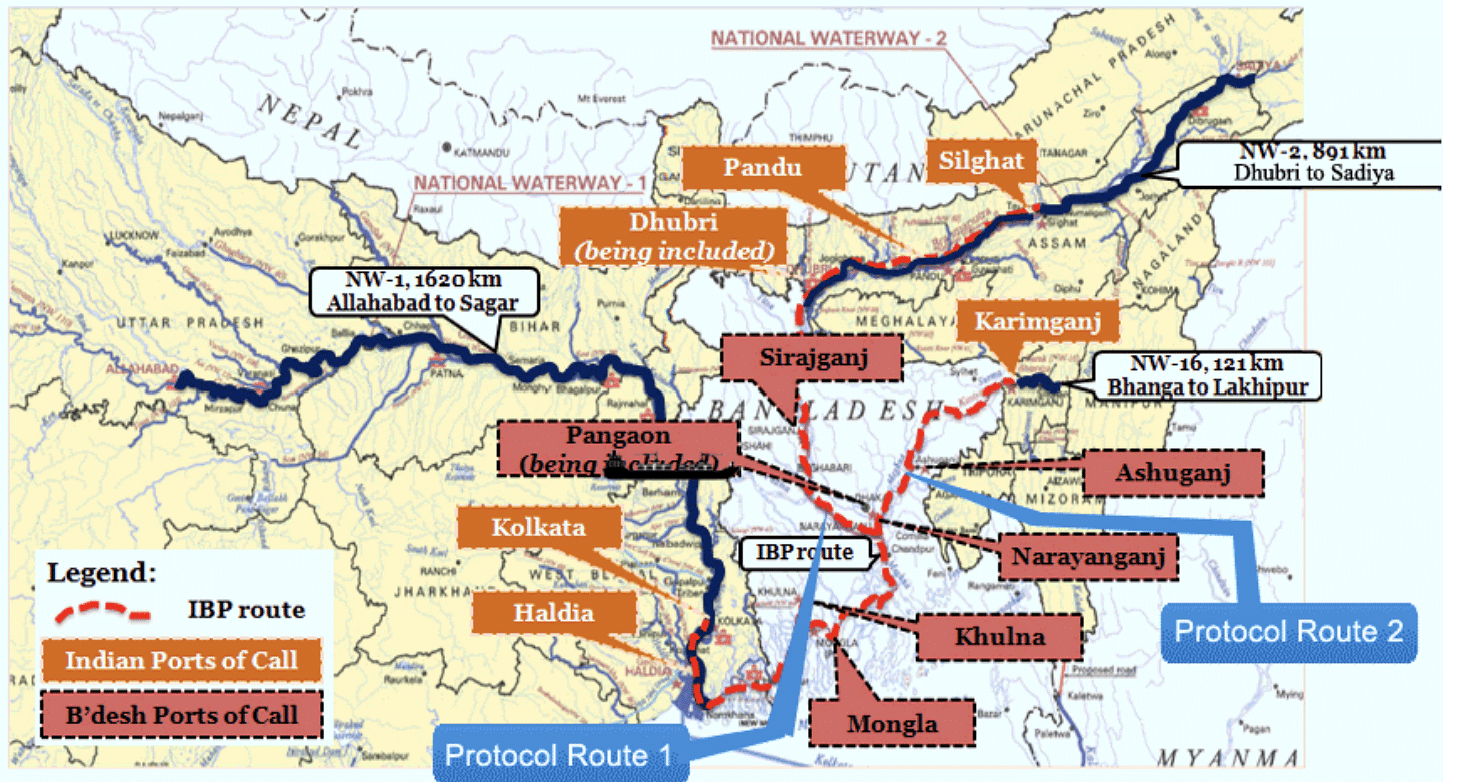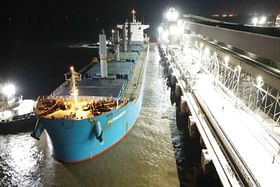In a first-of-its-kind initiative for the cement sector in India, UltraTech Cement Limited has leveraged inland and coastal waterways to transport phosphogypsum consignment.
The consignment of 57,000 metric tons (MT) of phosphogypsum was transported in a bulk cargo carrier from Paradeep port in Odisha and reached the jetty of UltraTech Cements’ Gujarat Cement Works (GCW) located in Kovaya of Amreli district in Gujarat on 26 April.
The cement flagship company of Aditya Birla Group (ABG) has sourced the phosphogypsum – a by-product of phosphatic fertilizer plants, from Indian Farmers Fertiliser Cooperative Limited (IFFCO), and Paradeep Phosphates Limited (PPL).
“This industry-first initiative of UltraTech in using inland and coastal waterways for transport of phosphogypsum will help to further strengthen the role of the cement sector in driving circular economy in India,” said K C Jhanwar, Managing Director, UltraTech Cement Limited.
The Company has indicated its plans to continue to leverage inland and coastal waterways for transport of phosphogypsum from Paradeep basis the production requirements at its Gujarat Cement Works factory.
Tata’s Sustainable Model
This pioneering initiative of UltraTech to transport phosphogypsum through inland waterways is already in practice at Tata Steel
In February 2023, Tata Steel successfully completed the first multi-modal shipment of 960 tonnes of steel TMT bars from Haldia port in West Bengal to Agartala in Tripura via the Indo-Bangladesh Protocol (IBP) route.
The entire transportation from being flagged off to receiving material at distributor’s warehouse was completed in 17 days, it said.
The barge ‘MV Bulker’ containing the consignment was launched from the Haldia port on 8 January and the first leg of the journey was through the inland waterways using IBP route to the transfer point at Ashuganj port in Bangladesh.

The bars were then unloaded, and the second leg transportation via road to a Land Port Authority of India warehouse at Agartala, at the India-Bangladesh border was carried out. In the third and final leg of the journey, trucks were used to transship goods from this warehouse to the distributor’s warehouse in Agartala.
Prior to that, in 2022, Tata Steel had undertaken its maiden multimodal shipment of TMT bars from Haldia Port in West Bengal to Pandu Port in Assam using the IBP route via Brahmaputra River, becoming the first steel company in India to do so. It was a landmark effort to decarbonise the steel sector and the country.
This shipment of 1,793 MT of steel rods from Tata Steel in Jamshedpur that arrived at Haldia on rail before being loaded on to river barges marks the beginning of the use of multimodal logistics, a landmark effort to decarbonise the steel sector and the country.
These initiatives have brought into spotlight how inland waterways can be a sustainable logistics model and how the use of ‘Multimodal Supply Chain’ can be a cost viable and safe transport option for other companies to replicate.









